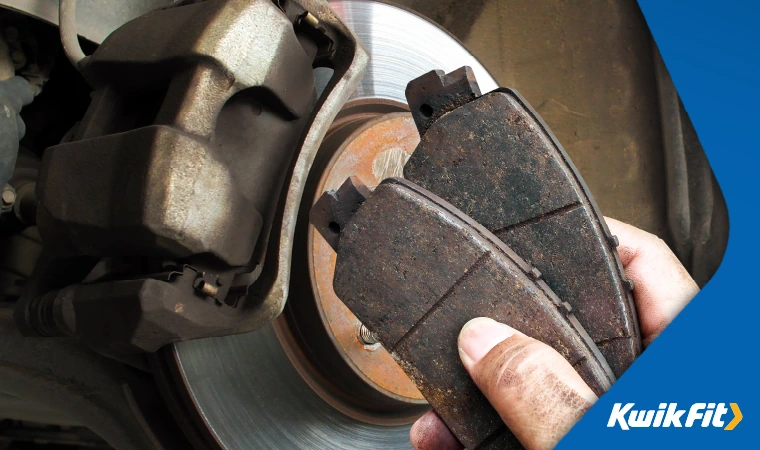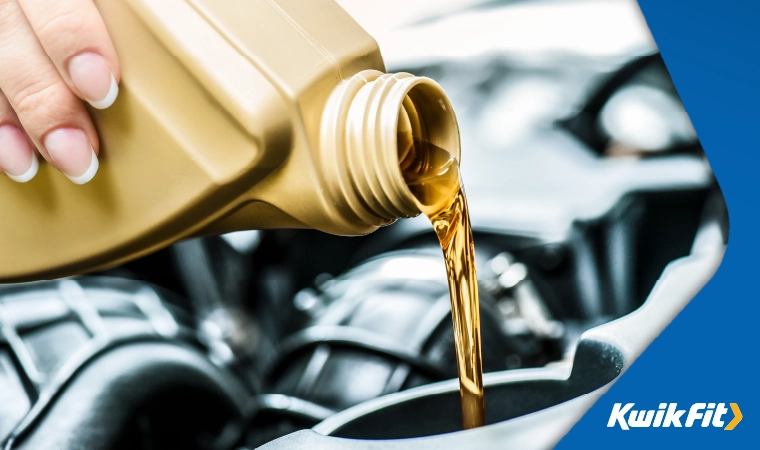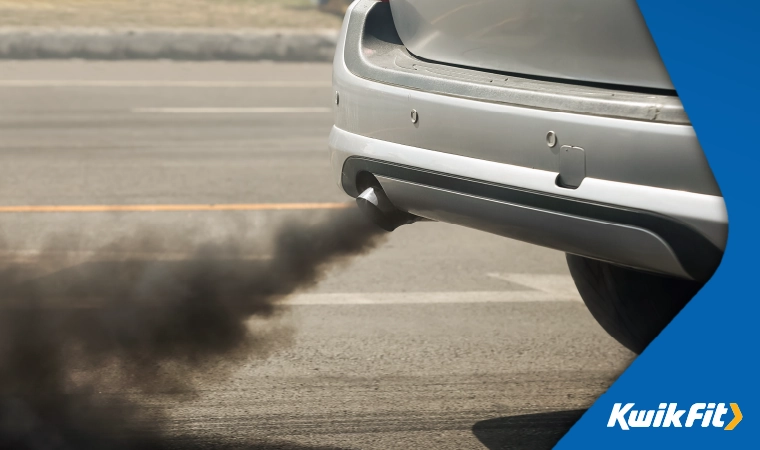Why Is Your Car Making a Noise? Fixes & Tips
Jessica Bird | Friday 13th June 2025 1:48pm

As summer brings the warmer weather, we tend to start rolling down our windows to enjoy that mythical, if often short-lived, sunshine. But the cool breeze in your hair tends to come with more than hay fever, it can often come with some fairly strange car noises that youíre sure werenít there a few months agoÖ right?
Itís often during the warmer months, with the windows down, when we become more aware of the odd sounds our cars make. Crucially, some of these noises are often simply harmless quirks, but others can be early warning signs that your vehicle needs attention.
Hereís what you need to listen out for.
Why your car seems noisier in summer
The simple explanation is that youíre noticing more car noises because itís unlikely youíre driving with the windows down in winter. But increased ambient temperatures can also amplify existing issues in your vehicle. Components like rubber belts and brake pads (to a lesser extent) expand with heat, which sometimes creates sounds that werenít there in cooler conditions.
Here are some of the most common culprits.
1. Squealing or screeching while braking
Possible cause: Worn brake pads or discs.
Severity: Moderate to high.
A high-pitched squeal when you brake is one of the most recognisable sounds and usually indicates that your brake pads are wearing thin. Most modern brake pads come with wear indicators that make this noise deliberately to alert you.
So, if youíre hearing this, book a brake inspection as soon as possible. Worn brakes can reduce stopping power and become dangerous quickly. The expert technicians at your local Kwik Fit can assess and replace brake components to keep your car safe and legal on UK roads.
A note here: a few brief screeches when you first start driving are fairly normal as your brakes may have accumulated a thin layer of rust or moisture overnight (or over a few nights if youíve not driven in a little while). Itís only a cause for concern when the squealing continues.

2. Knocking or tapping from the engine
Possible cause: Low oil level, worn engine components, or faulty spark plugs.
Severity: High to very high.
A knocking or tapping noise under the bonnet (especially when accelerating) can be a sign of something more serious. It may be caused by insufficient engine oil, poor combustion, or worn internal parts. Exactly which problem you have will usually result in a different sound.
Low (or no) oil will usually sound like some spinning a rattle around, or a ratchet mechanism being turned quickly (sort of an aggressive ďtick-tick-tickĒ sound). This is because the crankshaft is actually spinning around like a rattle without any engine oil for lubrication. Luckily, topping up your engine oil is fairly straightforward. Knocking or tapping sounds, on the other hand, potentially indicate broken components.
If the noise continues, donít ignore it! What might start as seemingly innocuous could easily turn into major engine damage.

3. Whining or humming from the engine bay
Possible cause: Loose or worn drive belts, or a faulty alternator.
Severity: Moderate.
A whining noise that rises with engine speed often points to a belt issue, such as the serpentine or timing belt, or a failing alternator. In summer, the heat can cause rubber belts to dry out or lose tension, making these noises more noticeable.
These components can wear out over time, especially in older vehicles, so itís important to have your belts regularly inspected in order to save a costly repair later.
4. Rattling under the car
Possible cause: Loose exhaust system or heat shield.
Severity: Low to moderate.
If you hear a metallic rattling, particularly when driving over bumps or idling, the issue might be underneath the car. Heat shields can become loose over time, and parts of the exhaust system may corrode, shift, or come loose.
Luckily, this is usually a straightforward fix! Heat shields often just need to be reclipped, but a loose exhaust breaking off can be quite problematic.
5. Tyre noise or humming at speed
Possible cause: Uneven tyre wear or wheel bearing issues.
Severity: moderate
If your car sounds louder on certain road surfaces or you notice a constant humming that increases with speed, it could be a tyre issue Ė or, in some cases, a worn wheel bearing. First, check your tyre pressure and condition; if wear is uneven, it could indicate misalignment.
6. Clicking when turning the wheel
Possible cause: CV joint issues or low power steering fluid.
Severity: Moderate to high.
A rhythmic clicking or popping when you turn the steering wheel (particularly at full lock) could be a sign of a worn constant velocity (CV) joint, common in front-wheel drive cars. Alternatively, if the steering feels heavy or groans, it could be a fluid issue.
CV joints are essential to safe handling and should be replaced if damaged.
7. Loud roaring or growling the engine
Possible cause: Exhaust leak or air intake issue.
Severity: Moderate.
If your car suddenly sounds like itís trying out for a Formula 1 team, there could be a leak in the exhaust system, especially near the manifold, or a problem with the air intake system.
An exhaust leak not only affects noise but also emissions Ė an important factor for your MOT.

Quick tips to identify car noises
- Note when it happens: Is it when youíre accelerating, braking, idling, or turning?
- Where is the sound coming from? Under the bonnet, the rear of the car, underneath?
- How does it sound? Is it squeaky, knocking, humming, grinding?
- Is it getting worse? A worsening sound is almost always a sign that something needs immediate attention.
The more detail you can provide to a technician, the faster and more accurately they can diagnose the issue.
While not every noise is cause for panic, itís important not to ignore changes in your carís behaviour. Many issues that start with a small sound can quickly become expensive repairs or safety risks if left unchecked.
So, if your car is making an unusual noise and you're not sure what it means, it's always better to play it safe.
Book a free inspection at your local Kwik Fit centre
The experts at your local Kwik Fit centre are always here to help keep your car in top shape. Theyíre all highly qualified and can diagnose and fix all kinds of vehicle issues, from squealing brakes to rattling exhausts.
Book a free inspection if you have any concerns about noises your carís making.
Any facts, figures and prices shown in our blog articles are correct at time of publication.
Featured Articles
Is it Illegal to Drive With One Headlight?
Saturday 19th July 2025
Wondering if itís illegal to drive with one headlight? Learn about the safety risks and penalties of illegal blown bulbs and why you should fix them promptly.
Air Con in EVs & Hybrids: Experts Answer Your Questions
Monday 30th June 2025
Does air con drain EV batteries? Can you use the air con while charging an electric car? Find out the answers to these questions & more from Kwik Fitís experts.
Why Is Your Car Making a Noise? Fixes & Tips
Friday 13th June 2025
When your car starts making unexpected noises, it can certainly be quite disconcerting; it may be nothing to worry about, but hereís what you need to know.








